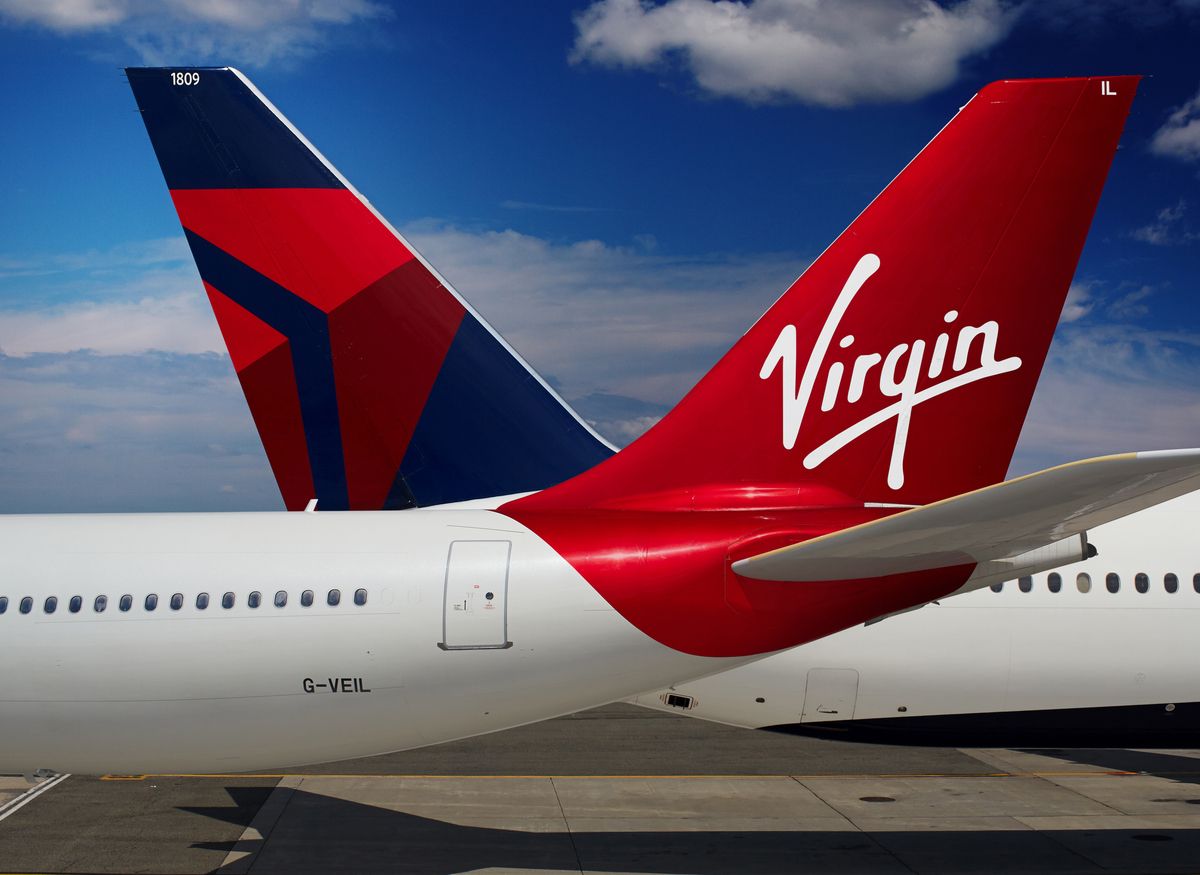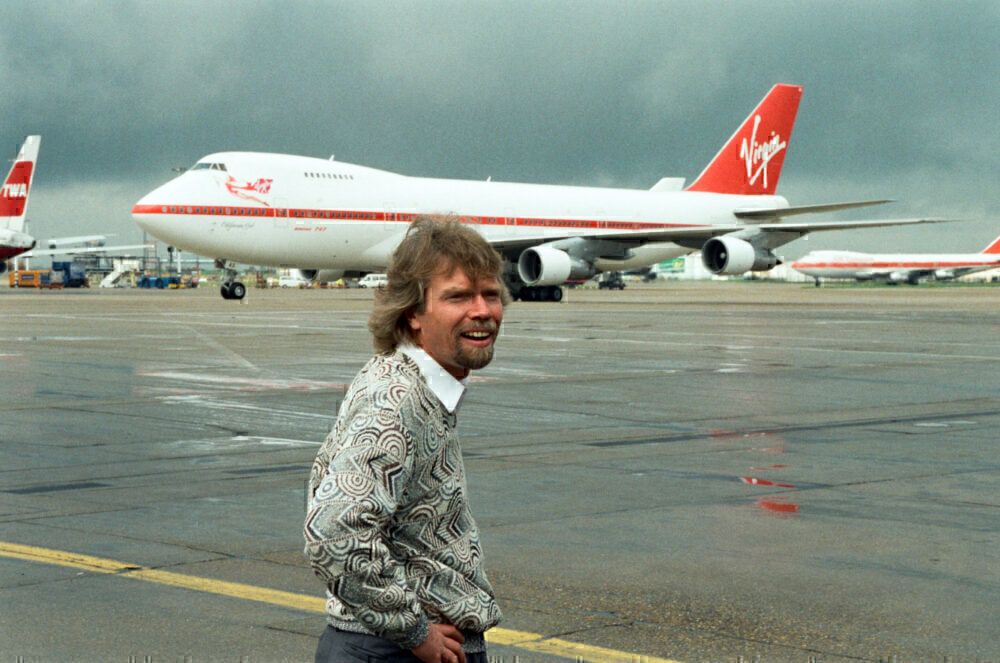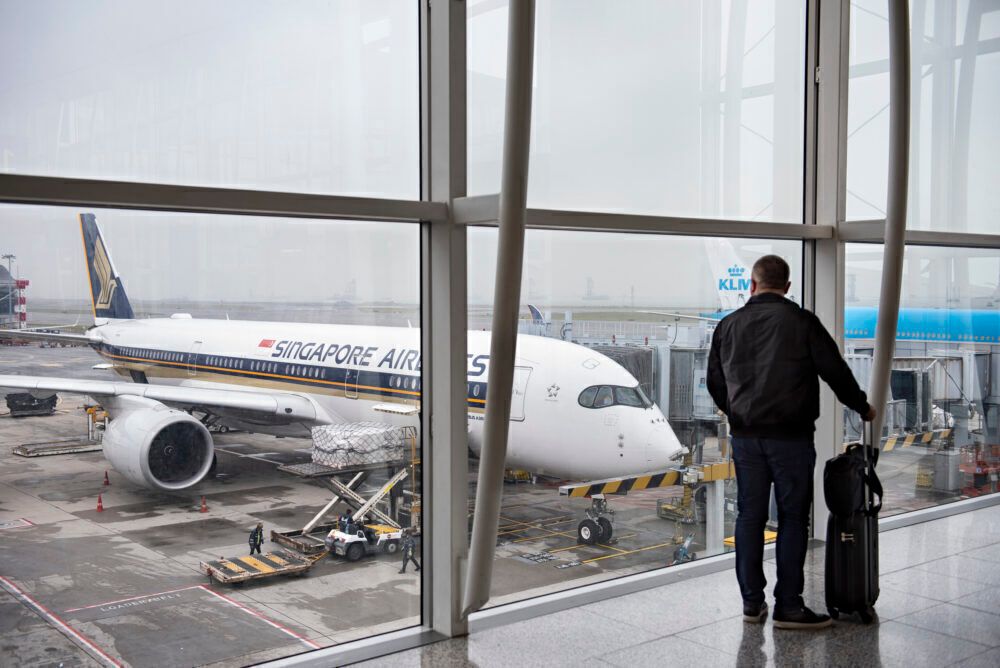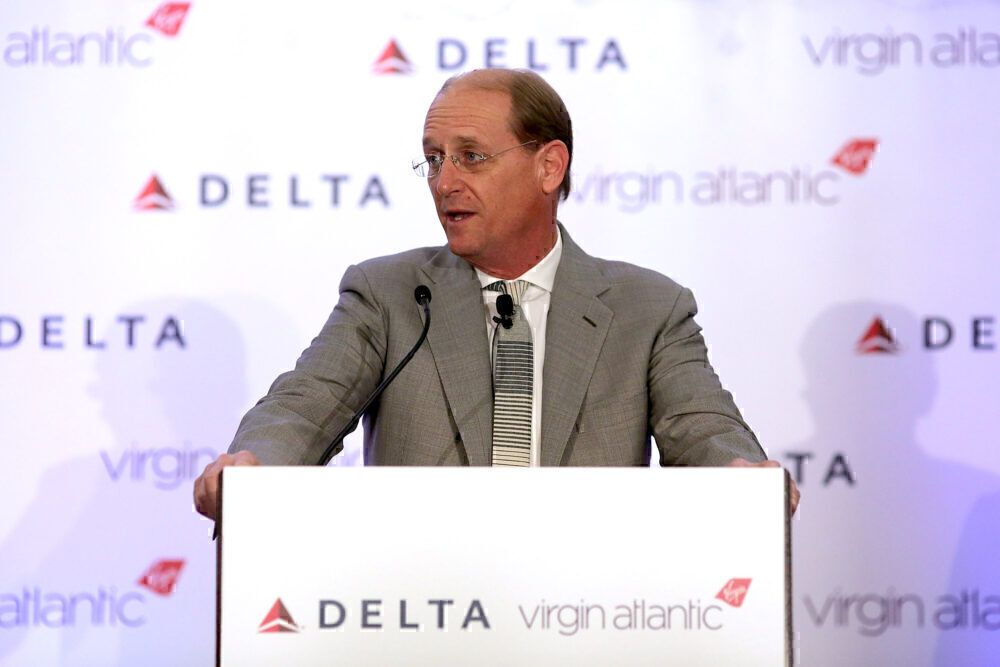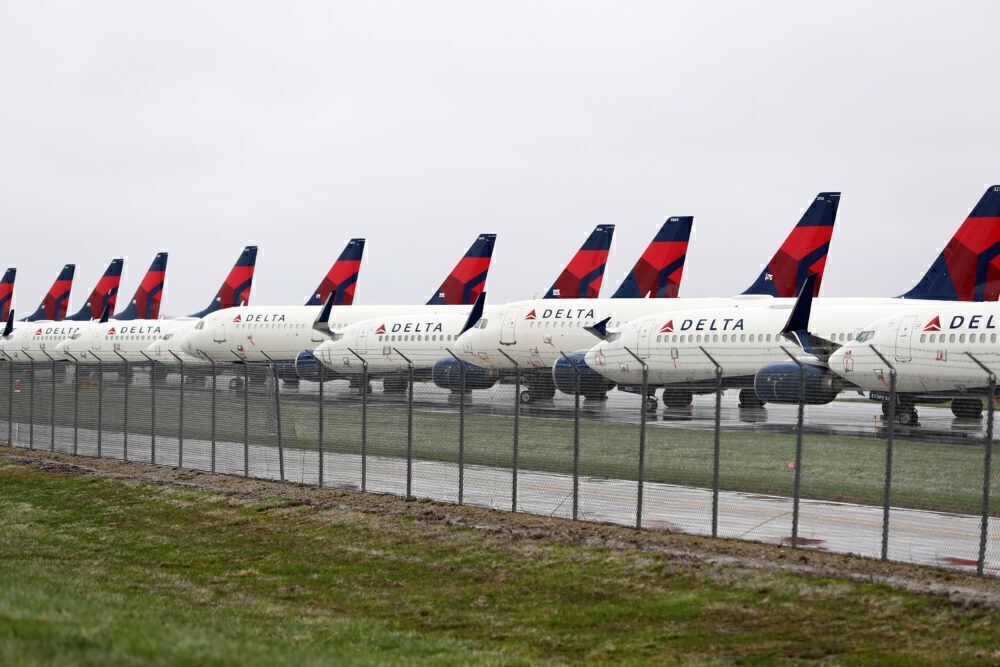Virgin Atlantic has a complicated ownership history. While Sir Richard Branson has long appeared as the flagship leader, his company has not fully owned the airline for a long time. Virgin Atlantic is currently 49% owned by Delta Air Lines. The two airlines now work closely with the Air France-KLM group, but only through a joint venture agreement.
Origins of Virgin Atlantic
Virgin Atlantic traces its origins back to 1982 when Randolph Fields and Alan Hellary (a former Laker Airways chief pilot) started a new airline, British Atlantic Airways. After changing direction for this airline and looking a new London to New York service, they joined forces with Richard Branson to form Virgin Atlantic in 1984.
Its first flight was with a 747-200 named 'Maiden Voyager' from Gatwick to Newark in June 1984. It took a second 747 in 1986 and added Miami as a new destination. Expansion to other US destinations continued through the 1980s and to Asia (Tokyo was its first destination) in 1989.
Stay informed: Sign up for our daily and weekly aviation news digests.
Selling to Singapore Airlines
The airline remained wholly owned by a holding company, Virgin Atlantic Limited, until 1999. At that time, Singapore Airlines acquired a 49% stake for £600 million ($960 million at the time). The deal provided much-needed investment into the airline. It also targeted the growing Asian business segment. Although the two airlines' route networks did not overlap, they launched codeshares on several key routes.
Joining with Delta
Singapore Airlines began looking at selling its stake in Virgin Atlantic as early as 2008, stating that it was underperforming. Reuters speculated that it might do so for a loss, at $500 million to $600 million.
Meanwhile, Delta Air Lines was looking for ways to expand its presence at London Heathrow. With British Airways tied up with American Airlines (something Virgin Atlantic had long protested against), the second-largest Heathrow operator was a good choice.
In December 2012, Delta announced the purchase of Singapore Airlines' 49% stake. Regulatory approval was granted in June 2013. There was discussion at the time that it was interested in taking a controlling stake. Under European law, this would have to be done through a European partner. This has never happened, and Richard Branson's company remains the largest shareholder.
From the outset, the two airlines have offered codeshares on many routes. Virgin claims it can offer over 200 destinations in the Americas through its Delta partnership.
2020 and 2021 have obviously been difficult times for the two airlines, but the partnership remains unchanged. Despite receiving significant government support, Delta would not invest any more into Virgin Atlantic. Looking forward, the joint position will be even more important as JetBlue enters the transatlantic competition.
Partnership with Air France-KLM
The other important part of Virgin Atlantic's operations is its partnership with the Air France-KLM group. This is a joint venture, but the Air France-KLM group does not hold an equity stake in Virgin Atlantic. It was originally intended that the group would take a 31% stake in Virgin Atlantic (leaving Sir Richard and the Virgin Group with just 20%), but this deal fell through.
Would you like to share any thoughts on the future of Virgin Atlantic and its partnerships? Do you think Branson will return to the idea of selling part of his share? Let us know in the comments.

